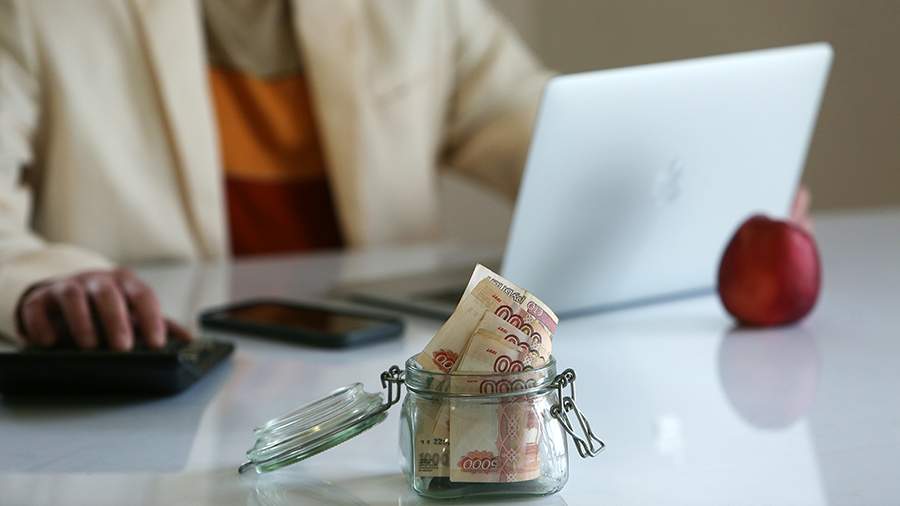The expert spoke about a new fraudulent scheme involving the drawing of money

Alexander Vurasko, Director of development of the external digital threat monitoring service, spoke about a new fraudulent scheme involving the drawing of money on behalf of the largest Internet companies.
In conversation with aif.ru On Tuesday, April 1, the expert noted that previously, users on phishing sites were offered to scroll through a roulette wheel or guess which of the painted boxes the gift was in. Now it is enough to enter any number from 10 to 5 thousand in the appropriate column. Two times out of three, the number will be a losing number, and on the third, a winning number. The potential victim is promised to pay as much as 10 million rubles.
"Events develop according to a familiar pattern – the victim is transferred to a chat with an operator, the scammers receive consent to withdraw funds, the victim leaves his card details and pays a "fee", which remains with the attackers," explained Vurasko.
He called for using only official resources and checking their exact address through a search engine. Also, you should not transfer money to strangers and pay for services on unfamiliar sites, transfer your personal data and passwords from social networks, writes RT. Vurasco also advised using antiviruses to avoid becoming a victim of fraudsters.
Earlier, on April 1, the United Credit Bureau reported that in March, about eight million Russians voluntarily restricted their ability to obtain loans. Moscow residents showed the greatest activity, having established 962,000 self-restrictions, according to 360.ru .
On the same day, lawyer Vadim Vinogradov warned that scammers began to actively use educational services and platforms to deceive minors. Attackers can introduce themselves as a teacher or head teacher when they call a child with an offer to update an electronic diary or restore access to an educational platform, the website writes. kp.ru .
Also on April 1, Russian President Vladimir Putin signed a law on April 1 that aims to protect citizens from telephone and Internet scams. As specified in the document, citizens will be able to refuse to receive mass calls and messages, and all incoming calls from legal entities will be displayed on labeled phone screens.
On March 31, clinical psychologist Stanislav Sambursky said that one should not try to joke about scammers and "breed" them, because all this can be used against their victims. According to him, the only correct reaction is to immediately hang up the phone and call back to the official organization, NSN notes.
Переведено сервисом «Яндекс Переводчик»

